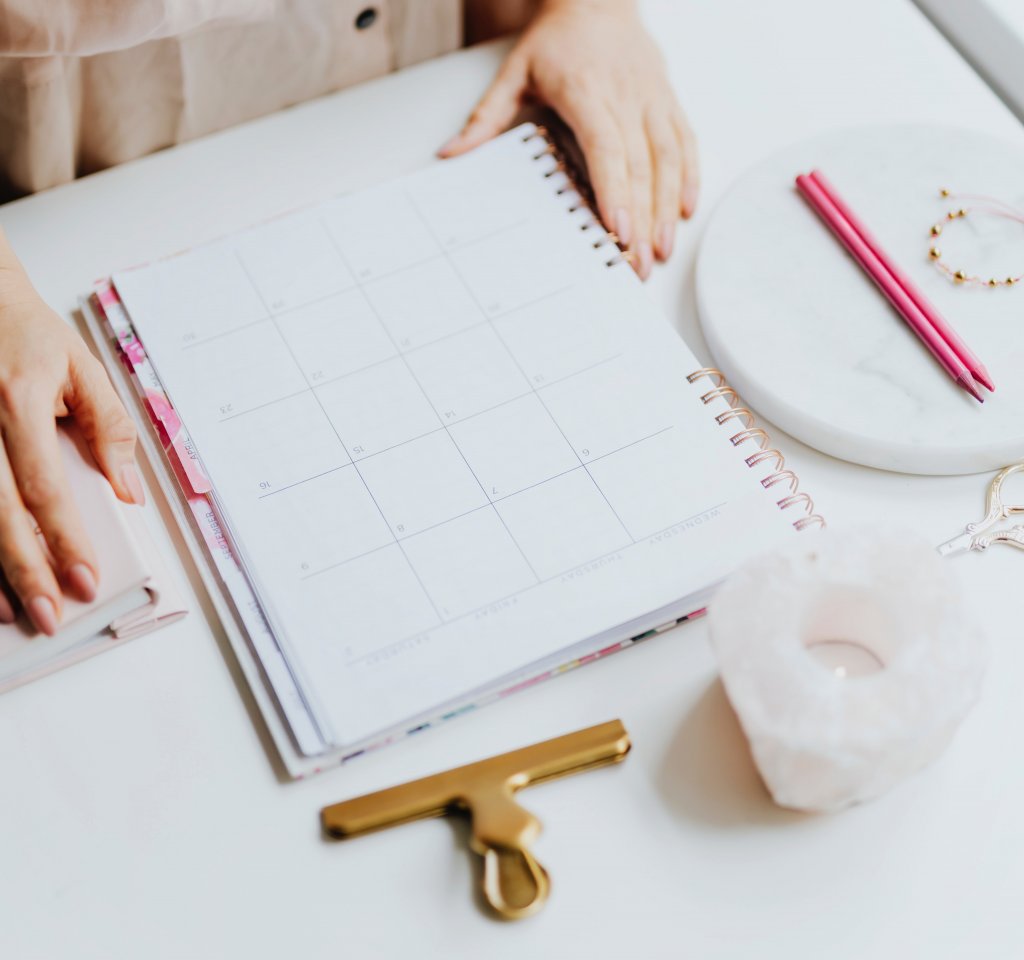Inside: Implement these minimalist habits to reduce mental noise and distractions in your life.
In today’s fast-paced world, our minds are often cluttered with an endless stream of to-do lists, notifications, worries, and background noise.
We live in a culture that praises busyness and constant connectivity, leaving little room for stillness or clarity.
As a result, many of us find ourselves mentally exhausted, distracted, and struggling to focus on what truly matters.
Minimalism offers a powerful antidote. While the concept is often associated with decluttering physical spaces, minimalism can also transform the way we think, work, and live.
By intentionally adopting minimalist habits, we can create more mental space, reduce stress, and focus on what really matters.
If you’re longing for a clearer, calmer mind, incorporating even a few minimalist habits can make a big difference.

Minimalist Habits to Reduce Mental Noise
If you’re looking for ways to cut down on mental noise and ever-present distractions, here are a few minimalist habits to reduce mental noise that you can start practicing today:
1 – Declutter Your Physical Space
You might not realize it, but your physical environment can greatly impact your mental state. A cluttered home or workspace can contribute to feelings of overwhelm, anxiety, and distraction.
Start small by clearing off countertops, organizing your desk, or decluttering a highly visible space in your home.
By creating a calm and tidy environment, you signal to your brain that it can relax. Less visual clutter means fewer things competing for your attention, making it easier to concentrate and feel at peace in your space.

2 – Limit Digital Distractions
Digital distractions can feel impossible to avoid. Our smartphones are constantly by our side, receiving a constant stream of notifications from social media, text messages, and random apps.
Unless you take a very intentional approach to minimize them, they can be hard to avoid.
An effective way to manage digital distractions involves setting some clear boundaries with technology. Turn off nonessential notifications, set specific times to check email, or use apps that block distracting websites during designated focus time.
You might also consider adopting a cut-off time at the end of the day – no devices an hour before bed. Not only will this reduce mental clutter, but it’ll improve your sleep and give your mind space to unwind.

3 – Practice Monotasking
Many of us have been conditioned to think that multitasking is the key to productivity – but studies have shown that isn’t actually true.
Trying to do too many things at once divides your attention and increases mental fatigue, making it harder to complete the tasks at hand.
Instead, embrace monotasking – the idea of focusing on one thing at a time. Whether you’re washing the dishes, playing with your child, or practicing a hobby, give it your undivided attention.
You’ll be surprised to find how this productive habit makes you more efficient, less stressed, and feel more satisfied with your work and interactions as a result.

4 – Create White Space In Your Schedule
A packed schedule leaves no room for rest, creativity, or reflection. Declutter your schedule to make space for your needs and priorities.
Be intentional about adding unscheduled time into your day or week – and take this commitment to yourself seriously.
It can be tempting to fill those blank spaces with tasks and to-do’s, but giving yourself some downtime gives your mind a chance to process, rest, and recharge.
It’s often in these moments of stillness that we experience the clarity we need to make big decisions, solve problems, and come up with our best ideas.

5 – Establish a Mindful Morning Routine
How you begin your day sets the tone for everything that follows. A mindful morning routine helps you start with intention and calm, rather than rushing into the day feeling frazzled.
Keep it simple. Think about embracing a few minutes of meditation, picking up a pen to journal, stretching, or enjoying your coffee in silence.
Choose practices that ground you and help you tune in to what’s most important for the day ahead.

6 – Practice Gratitude Daily
Gratitude is a simple but powerful practice that can shift your focus from what’s lacking to what’s abundant in your life. Each day, take a moment to reflect on three things you’re grateful for.
Consider incorporating a gratitude habit into your mindful morning routine as you brush your teeth in the morning, drive to work, or prepare to sleep at night.
Gratitude reduces mental noise by interrupting negative thought patterns and cultivating a sense of contentment and calm.
As you make gratitude a regular part of your routine, you’ll find yourself automatically gravitating toward positive thoughts when negativity creeps in.

7 – Let Go of Mental Clutter
Mental clutter often comes in the form of worries, regrets, or ruminations. A minimalist approach invites you to notice these thoughts without getting bogged down by them.
Practices like journaling, mindfulness meditation, or deep breathing can help you observe mental chatter and gently let it go.
Try to simplify your inner dialogue by focusing on what’s within your control and releasing what’s not. Ask yourself, “Is this thought useful?” If the answer is no, practice setting it aside.
And if you can’t seem to quiet your mind? Grab a journal and start writing.
Getting our thoughts out of our brains and turning them into physical things can give us fresh perspective and help us find calmness in times of stress or anxiety.

8 – Focus on Your Top Priorities
If you feel like your to-do list is endless and ever-growing, you definitely aren’t alone. Between work, family, friends, hobbies, and all of the other commitments and obligations in our lives, things can get busy and quickly feel overwhelming.
It’s easy to get wrapped up in the enormity of everything you need to accomplish – but if you can manage to focus in on your top priorities, you’ll worry less and accomplish more.
Instead of trying to tackle a to-do list that’s a mile long, pick two or three things to handle before addressing anything else. You might also consider embracing a time management strategy like the 1-3-5 rule to narrow the scope of what you need to do.
Know what your top priorities are and set aside some time each day to focus on them.
Want more help with the habits in your life?
Check out these posts:
Which minimalist habits to reduce mental noise are you planning to try? Leave a comment and let me know!
Sign up on the form below to get weekly tips on living simply and intentionally sent straight to your inbox. You’ll also get the free Habit Tracker Worksheet to help you build new positive habits in your life.

